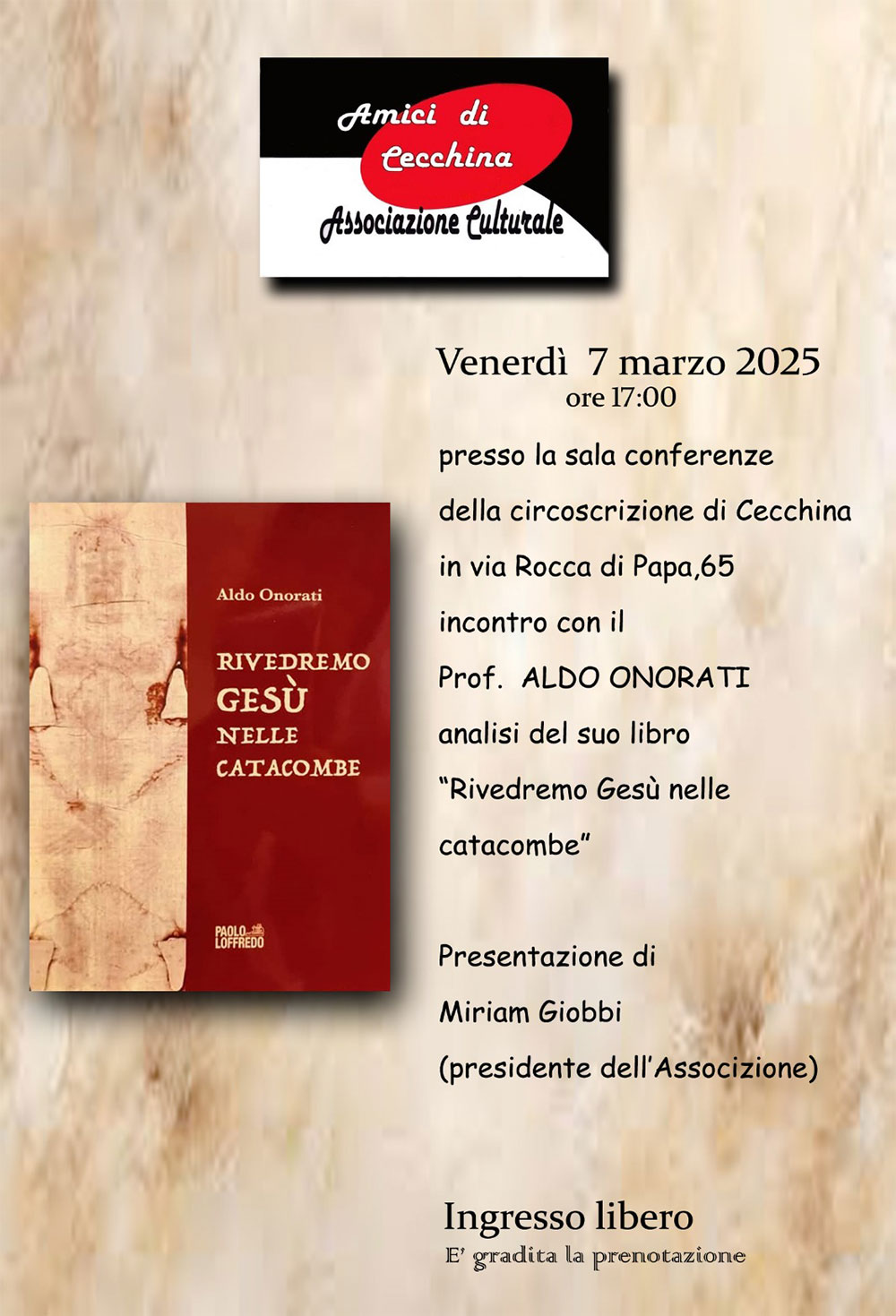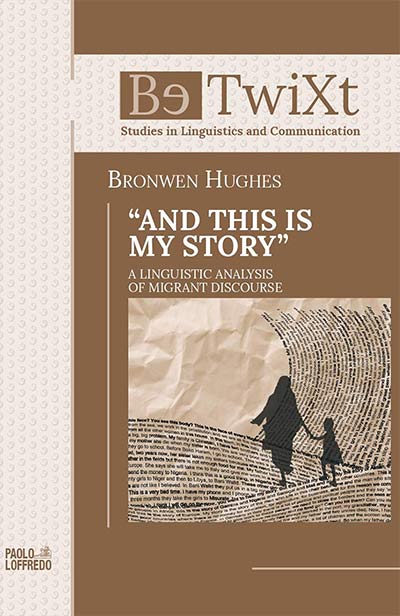 Paolo Loffredo, sixth generation of a large family of publishers and booksellers engaged in the production and distribution of books since the late nineteenth century, creates in 2012 the new editorial company Paolo Loffredo Editore. The historical site was until the '80s in the heart of the historic centre of Naples in Via San Biagio dei Librai, lower Decumano and also known as the SpaccaNapoli.
Paolo Loffredo, sixth generation of a large family of publishers and booksellers engaged in the production and distribution of books since the late nineteenth century, creates in 2012 the new editorial company Paolo Loffredo Editore. The historical site was until the '80s in the heart of the historic centre of Naples in Via San Biagio dei Librai, lower Decumano and also known as the SpaccaNapoli.
At the beginning of the twentieth century, Giuseppe Loffredo decided to add book selling to the book production, which definitively imposed itself after World War II with the publication of manuals for the University and for the School that succeeded in establishing themselves soon throughout Italy.
LAST EVENT
"Rivedremo Gesù nelle catacombe"
07 Marzo 2025 - Sala Conferenze circoscrizione di Cecchina - via Rocca di Papa 65, Albano Laziale (RM) - ore 17,00

And this is my story
ISSN: 2611-1349
Language: English
Publisher: Paolo Loffredo Editore Srl

Description
And this is my story. A Linguistic Analysisof Migrant Discourse
Every year millions of people are forced to leave their homes and relocate elsewhere. As a result of war, natural calamities, violence, famine or climatic change, ordinary people who have always seen themselves as workers, inhabitants, and just plain citizens, become marginal beings bearing unwieldy labels such as: ‘labour migrants’, ‘family migrants’, ‘refugees’, ‘asylum seekers’, ‘climatic migrants’, ‘environmental migrants’, or ‘internally displaced migrants’.
Moreover, from the retroactively uprooted scapegoats of the ‘Windrush generation’, to the victims of human trafficking and slavery, political and public hostility to migration has progressively increased over the past 20 years.
If one inserts the search phrase ‘migration crisis’ into the Google search engine, approximately 90.000.000 results or web pages are offered up for consultation. A rapid perusal of the first twenty pages points to the fact that the reporting of events stems essentially from a Euro-centric standpoint. It is often more a question of ‘what are they doing to us?’ rather than ‘what is effectively happening, or being done, to them?’.
This etic standpoint also characterizes many of the studies – be they linguistic, sociological or historical – which in recent years have centred upon the problem of enforced migration and have led to the progressive emergence of a ‘discourse of migration’.
Sadly, this discourse of migration is often a discourse on migration with those at the core of the issue occupying the object as opposed to the subject position. The aim of the present volume is to reposition such objects of discourse.
Research therefore focuses on a linguistic analysis of the travel chronicles of 30 English-speaking asylum seekers from nine different countries of origin presently residing in the Campania region of Italy.
By carrying out a quantitative and qualitative analysis of the migrants’ use of pronominal, verbal and lexical structures in English, it has been possible to gain insight into how they evaluate their past and present circumstances and their future horizons of expectancy.
The linguistic investigation of the monological accounts provided by the informants reveals that their psycho-physical well-being often hinges upon the expression of acceptance and positive appraisal by the host community. Furthermore, the linguistic evidence illustrates that besides seeking out such acceptance, the migrants often engage with a wider generic discourse on migration which serves as a constant backdrop to their chronicles.



